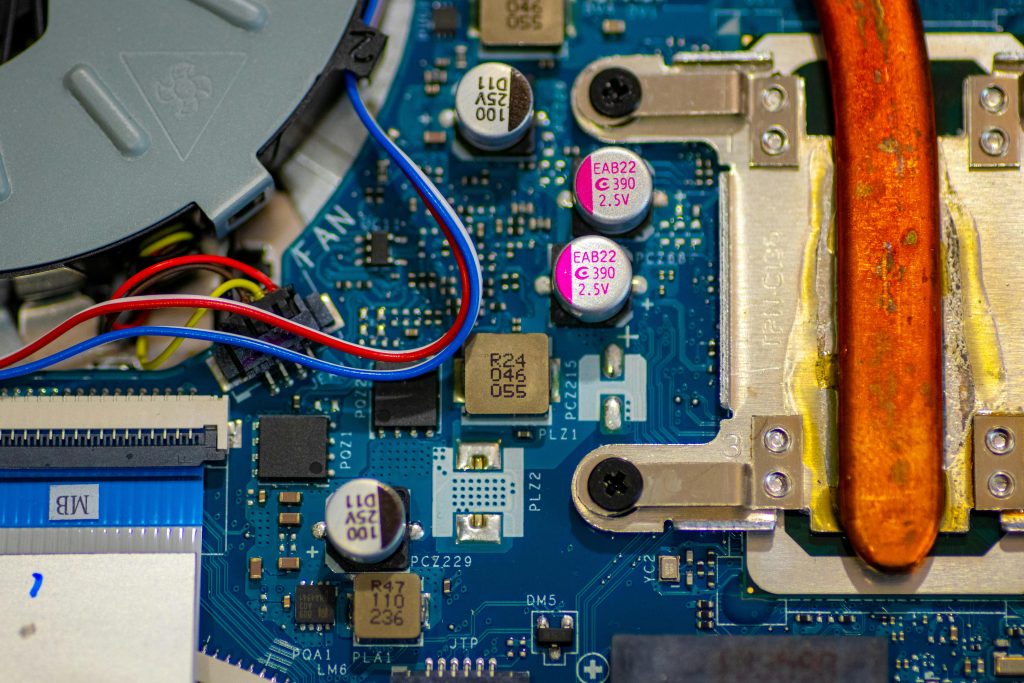Understanding Dual-Channel RAM-Related System Instability: A Diagnostic Case Study
Introduction
Building a reliable gaming or work PC often involves careful consideration of hardware compatibility and stability. In this article, we examine a real-world scenario involving a mid-range used PC experiencing stability issues exclusively when utilizing dual-channel RAM configurations. The insights shared aim to help enthusiasts and technicians diagnose similar issues, emphasizing systematic troubleshooting approaches.
System Overview
The subject system was acquired secondhand at a cost of approximately $350. Its key specifications include:
- Processor: Intel Core i5-10400F
- Graphics Card: AMD RX6600 8GB
- Motherboard: Gigabyte H510M H (Revision 1.0)
- Memory: 64GB maximum supported, currently installed as 16GB + 16GB DDR4 modules (F4-2666C19-16GIS)
- Power Supply: Chieftec 750W
- Operating System: Windows 10 Pro
The system demonstrates stable performance under normal use and with less demanding applications, including Windows itself and creative software like Adobe Creative Suite 2, which runs for extended periods without issues. However, certain gaming titles experience frequent crashes only when the system operates in dual-channel memory mode.
Observed Symptoms and Symptoms Variability
The primary games affected include “7 Days to Die” and “Elden Ring,” which crash after approximately 10–20 minutes of gameplay, sometimes surviving up to 40 minutes in the former and about an hour in the latter. The crash symptoms are consistent across occurrences:
- Total black screen with game sound and Discord audio ceasing.
- System becomes unresponsive; Ctrl+Alt+Del or Alt+F4 commands do not respond.
- Occasional brief green flashes on the screen.
- Necessity for a hard shutdown.
- In some cases, the system restarts itself after 5–10 minutes.
- Event Viewer logs reveal critical kernel-power errors (Event ID 41), indicative of unexpected shutdowns or system crashes.
Troubleshooting Steps and Findings
A comprehensive troubleshooting process was undertaken to identify potential hardware faults:
- Memory Testing
- MemTest86 conducted with dual-channel configuration for two passes; no errors detected.
- OCCT CPU+RAM stress test ran for 50 minutes without errors.
- Temperature Monitoring
- Temperatures of CPU and GPU remained within safe operational ranges during testing.
- Power Supply Tests
- Swapped the
Share this content:



